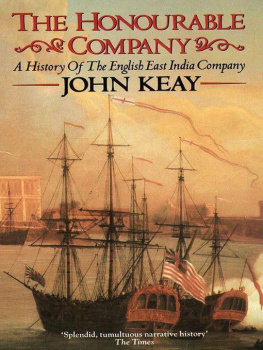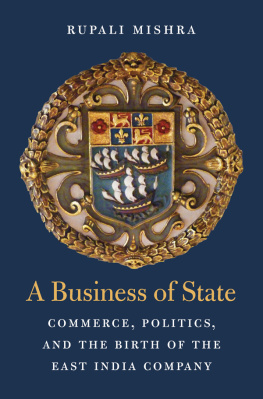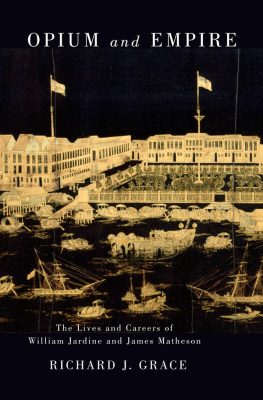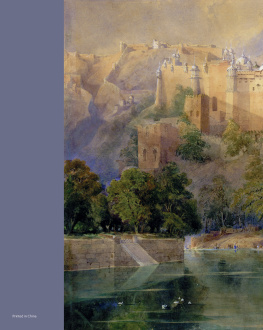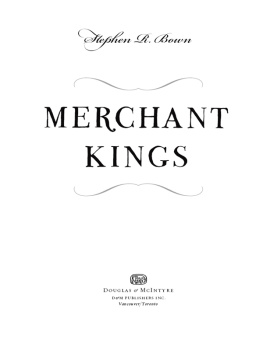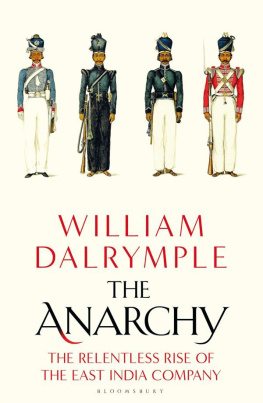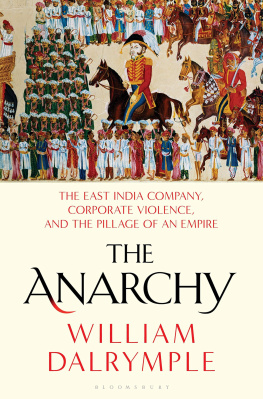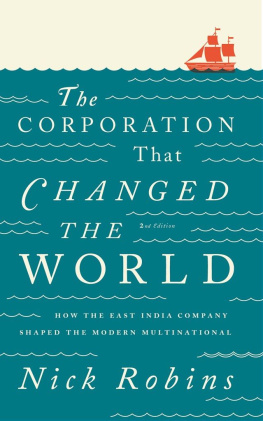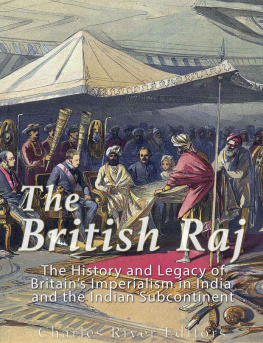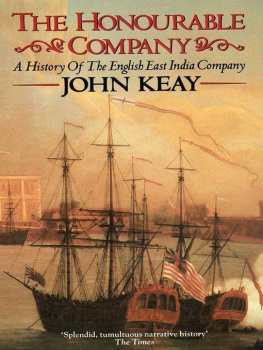East India Company - The honourable company
Here you can read online East India Company - The honourable company full text of the book (entire story) in english for free. Download pdf and epub, get meaning, cover and reviews about this ebook. City: Great Britain;India, year: 1991;2017, publisher: Scribner;HarperCollinsPublishers, genre: Home and family. Description of the work, (preface) as well as reviews are available. Best literature library LitArk.com created for fans of good reading and offers a wide selection of genres:
Romance novel
Science fiction
Adventure
Detective
Science
History
Home and family
Prose
Art
Politics
Computer
Non-fiction
Religion
Business
Children
Humor
Choose a favorite category and find really read worthwhile books. Enjoy immersion in the world of imagination, feel the emotions of the characters or learn something new for yourself, make an fascinating discovery.
- Book:The honourable company
- Author:
- Publisher:Scribner;HarperCollinsPublishers
- Genre:
- Year:1991;2017
- City:Great Britain;India
- Rating:3 / 5
- Favourites:Add to favourites
- Your mark:
The honourable company: summary, description and annotation
We offer to read an annotation, description, summary or preface (depends on what the author of the book "The honourable company" wrote himself). If you haven't found the necessary information about the book — write in the comments, we will try to find it.
For 213 years, beginning around 1700, the incorrigible pioneering of merchant traders of the East India Company furthered the peculiarly diffuse character of the British Empire. British author Keay tells an ambitious story with sweep and brio, encompassing the companys origins as a bane of bedraggled pioneers in search of spices in the remote Indonesian archipelago; its role in the 1690 founding of Calcutta (an episode of commercial greed and political mayhem); and the opening up of China in 1700, which was to become the companys most profitable trade. Keay not only portays some of the adventurers and potentates who encountered one another but also grasps the details of trade, some more momentous than others: one missive from London to India mixed declarations of war with Spain and complaints about a bar bill. The companys monopoly charter was eventually broken not by rival traders but by British manufacturers wanting more overseas outlets for their products. If, as Keay notes, there are enough incomplete histories of the Company to justify a health warning, then this book is a salubrious contribution. Photos not seen by PW.
Copyright 1994 Reed Business Information, Inc.
Conventional wisdom has it that the commercial imperialism of the early English trading companies was intertwined with the political imperialism of the expanding British empire. In this reexamination of the English East India Company, Keay, an author and broadcaster specializing in Asian history, acknowledges that but for the Company there would have been not only no British India but also no global British Empire. But he also shows that the triumph of imperialism helped bring about the downfall of the company by eliminating its monopolies and creating conditions for the 1857 Indian mutiny. Keays title is intentionally ironic; he reports, venal and disreputable, [the companys] servants were believed to have betrayed their race by begetting a half caste tribe of Anglo-Indians, and their nation by corrupt government and extortionate trade. Published two years ago in Britain and cited as one of that years three best books by the Financial Times (London), The Honourable Company fascinatingly illuminates one of the lesser-known chapters of Asian history. David Rouse
East India Company: author's other books
Who wrote The honourable company? Find out the surname, the name of the author of the book and a list of all author's works by series.

